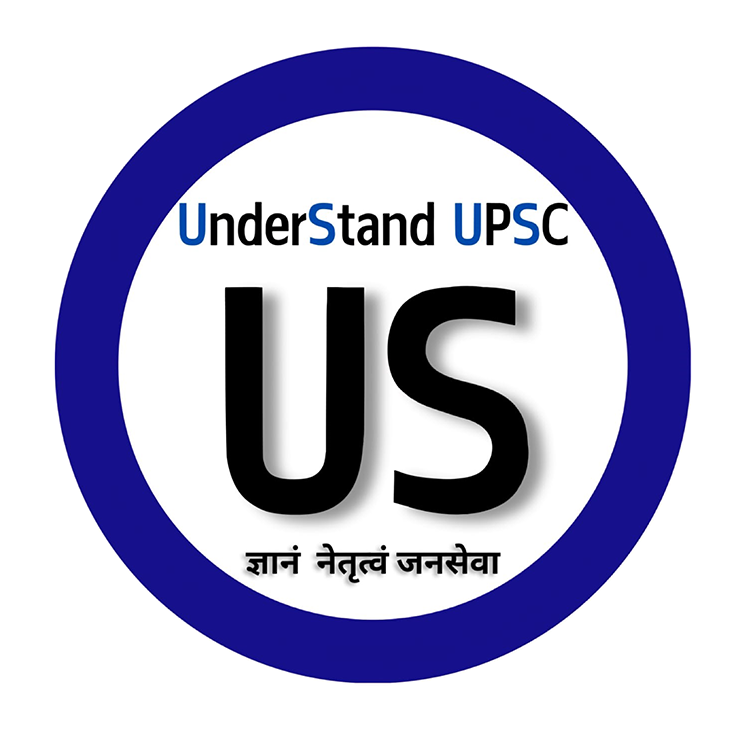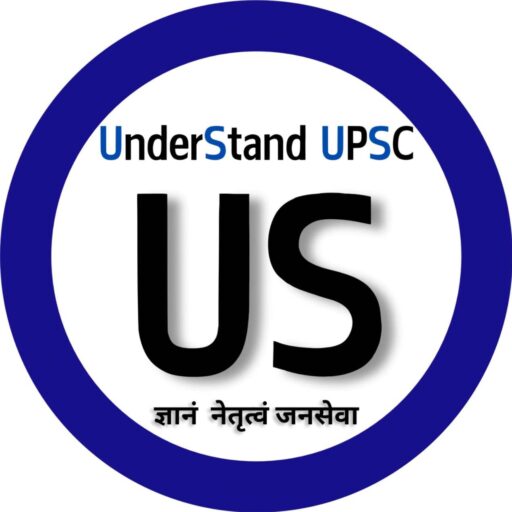
Selecting an optional subject for the UPSC Civil Services Examination is one of the most important decisions in your preparation process. It can become puzzling as there is no best option for all. What works for one candidate may not work for another. The optional subject accounts for 500 marks out of the total, and a good score here can be the difference between a top rank and falling short of the final list. In this blog, we will make it easy to select your optional subject wisely, so you can proceed with confidence.

Why Choosing the Right Optional is So Important
- It has a direct bearing on 500 marks of your overall Mains score, which can be the difference between clearing the exam and falling short by a few marks.
- A good optional can lighten your overall preparation load since it might overlap with GS papers and essays.
- Your interest in the subject keeps you going for the long term, particularly during stressful months of preparation.
- Mastery over your optional can even help in the UPSC Interview, as questions are often asked based on your optional background.
- Choosing the wrong optional may lead to frustration, burnout, or worse — an attempt wasted because of poor marks despite good preparation elsewhere.
- Choosing wisely is not just about marks — it’s about making your preparation journey smoother, smarter, and more aligned with your strengths.
List of Optional Subjects in UPSC
- Agriculture
- Animal Husbandry and Veterinary Science
- Anthropology
- Botany
- Chemistry
- Civil Engineering
- Commerce and Accountancy
- Economics
- Electrical Engineering
- Geography
- Geology
- History
- Law
- Management
- Mathematics
- Mechanical Engineering
- Medical Science
- Philosophy
- Physics
- Political Science and International Relations
- Psychology
- Public Administration
- Sociology
- Statistics
- Zoology
- Literature of any one of the following languages: Assamese, Bengali, Bodo, Dogri, Gujarati, Hindi, Kannada, Kashmiri, Konkani, Maithili, Malayalam, Manipuri, Marathi, Nepali, Oriya, Punjabi, Sanskrit, Santali, Sindhi, Tamil, Telugu, Urdu, and English.

How to Choose the Best Optional for UPSC
- Understand the significance of the optional subject
The optional papers combined account for 500 marks in UPSC Mains, or almost 25% of your overall score. Your overall final rank can be hugely influenced by a good performance in your optional. - Consider your academic background
If you already possess a degree or solid foundation in a subject, opting for it as your optional will save valuable time and provide you with an edge in grasping complicated topics more quickly. - Pick a subject that you truly love
Interest is essential. You will be learning this subject for one or several years, so selecting something you like will make you consistent, motivated, and less stressed. - Check the availability of study material and guidance
There are some subjects such as Political Science, Sociology, and Geography that have a lot of material, coaching classes, and topper notes available. Others such as Agriculture or Management may need more self-effort because material is scarce. - Read the UPSC syllabus carefully
Download the detailed syllabus from the official website of UPSC and read it thoroughly. The syllabus should not seem too technical or dull. If it seems too technical or dull, think twice. - Study previous years’ question papers
Check at least 5 years of previous question papers for your shortlisted subjects. Attempt a few questions to observe whether you can comprehend and organize answers with ease. - Recognize the subject’s nature: Static or Dynamic
History and Philosophy are primarily static subjects, while Political Science and Public Administration are dynamic and need ongoing current affairs knowledge. Select according to your ease of comfort. - Assess overlap with GS papers
Such subjects as Sociology, Political Science, Geography, and Anthropology show substantial overlap with GS papers. This minimizes preparation time and establishes powerful interlinkages in your responses. - Think of scoring trends but don’t pursue them blindly
While some topics like Anthropology have recently received good scores, UPSC trends change.
A subject that you excel in is always better than one which happens to be presently “high scoring.” - Judge the duration to finish the subject
A few optional such as Mathematics or History possess a huge syllabus and take more months to prepare. A few others such as Sociology, Philosophy or Anthropology are quite compact and easier to rehearse again and again. - Listen to toppers, but decide for yourself
Toppers’ stories are motivating, yet each aspirant has his own story. Draw lessons from their decision-making process, not which subject they opted for. - Try yourself with a couple of classes or readings
Take 1-2 demo classes online or read introductory chapters. Check whether the subject has a natural draw for you and whether you can imagine yourself writing answers in it. - Know your writing style and ability
Topics such as Sociology, Public Administration, and Political Science require analytical writing. If you like organized arguments and crisp writing, these topics may suit you. - Trust your instincts after research
After some thought, if your mind still returns to a specific subject, believe your gut. Most toppers say that their instincts came into play while making the final decision.
Selecting the appropriate optional subject for UPSC is more a matter of balancing your strength, interest, resource availability, and preparation approach. Take it slow, think well, and once finalized, go all the way without hesitations. Don’t forget that the best of the optional subjects is the one you can complete with confidence and enthusiasm. Your selection today can be the launching pad for tomorrow’s success.
Read Also:-
Top 10 Myths of UPSC Preparation – Debunked
How to Prepare for UPSC CSAT Reading Comprehension?
Science and Technology For UPSC Prelims 2025: Important Topics, Sources, Trends and Tips
Current Affairs Topics That You Cannot Miss for Prelims 2025
Last 50 Days Strategy for UPSC Prelims 2025
How to Read NCERT Books for UPSC Exam?
Modern History for UPSC Prelims 2025: Important Topics, Sources, Trends and Tips
International Relations for UPSC Prelims 2025: Important Topics, Sources, Trends and Tips
Ancient and Medieval History for UPSC Prelims 2025: Important Topics, Sources, Trends and Tips
Environment for UPSC Prelims 2025: Important Topics, Sources, Trends and Tips
Geography for UPSC Prelims 2025: Important Topics, Sources, Trends and Tips
Economy for UPSC Prelims 2025: Important Topics, Sources, Trends and Tips
How to do Mock Test Analysis by Self for UPSC Prelims?
Polity for UPSC Prelims 2025: Important Topics, Sources, Trends and Tips
How to Analyse PYQs for UPSC Prelims 2025: A Complete Guide
How to Handle Stress During UPSC Preparation?
How to Prepare for UPSC by Self-Study?
Top 5 Mistakes to Avoid in UPSC Preparation
8 Tips to Prepare Current Affairs for UPSC 2025
How to Prepare Map-based Questions for UPSC Prelims 2025
How to Prepare CSAT for UPSC Prelims 2025?
The Most Important Topics For UPSC Prelims 2025
Clear UPSC Prelims in Your First Attempt: A Step-by-Step Guide
Contact Us:
📩 WhatsApp: Chat with Us
▶️ YouTube: Watch Now
📢 Telegram: Join Now




